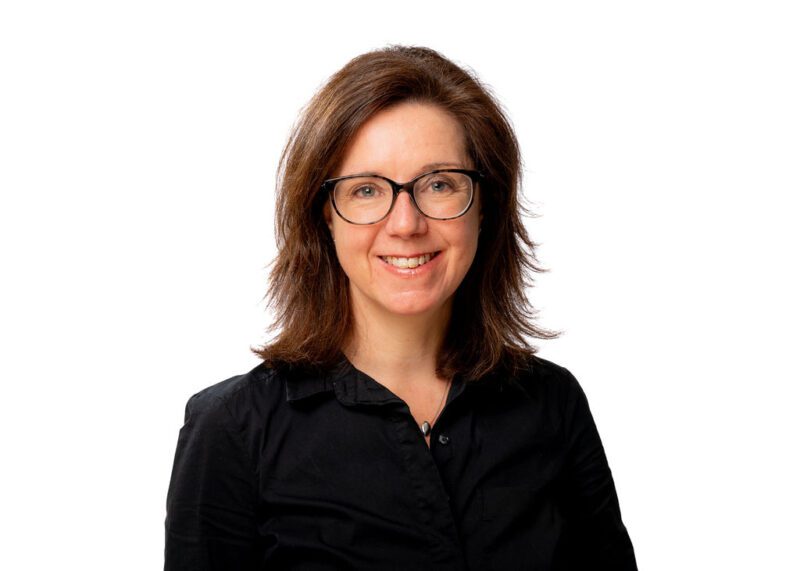-
Dr Marion HeronUniversity of Surrey
-
Dr Lewis BakerUniversity of Surrey
-
Professor Harriet TenenbaumUniversity of Surrey
-
Dr Robert HatchQueen Mary, University of London
-
Dr Lisa McGrathSheffield Hallam University
-
Beth Melia-LeighThe University of Sheffield
Project overview
This project aims to improve Foundation Year students’ oral language skills to increase learning outcomes, retention and progression. It will do this by developing and evaluating teacher resources designed to promote students’ use of educational dialogue.
Why this project is important
Foundation Year programmes were developed to widen access to Higher Education. Many students on Foundation Year programmes come from minority ethnic and low-income backgrounds, are older, and have completed BTECs rather than A Levels. There has been an almost tenfold increase in the number of Foundation Year students in the last decade. However, the number of Foundation Year students moving onto undergraduate programmes is low and students completing a Foundation Year are less likely to complete a degree than their direct-entry peers. One potential reason for the lower rates of progression is a lack of oral language skills, in particular educational dialogue, which is classroom talk in which students build on and challenge each other’s ideas.
What it will involve
The project will involve:
- Developing a toolkit for educational dialogue and training Foundation Year teachers to use it with students.
- Assessing whether the intervention leads to increases in use of educational dialogue, academic self-efficacy, and belongingness.
- Evaluating whether the intervention programme is associated with higher levels of retention, enrolment, and attainment on degree level programmes.
The evaluation design is a randomised control trial involving 600 students on 12 Foundation Year programmes across six universities and three subjects. The students in the intervention group will attend a one-hour session where they are taught about educational dialogue by a trained pedagogic coordinator. The students in the intervention and control groups will meet in pairs across two terms in addition to their regular sessions to use custom-designed scratch cards to facilitate conversation. Assessments of educational dialogue, academic self-efficacy and belongingness will take place pre- and post-intervention and the students will be tracked over subsequent years to capture their degree outcomes. Qualitative interviews will explore students’ perceptions of the intervention and its impacts, as well as to help refine the toolkit.
How it will make a difference
The project will produce outputs to support the teaching of educational dialogue including an open access teacher training toolkit, a recording of an event for Foundation Year staff and students, and an online training module. The key audiences for the research are Higher Education practitioners, sixth form and Foundation Year students and the wider Higher Education sector.





































